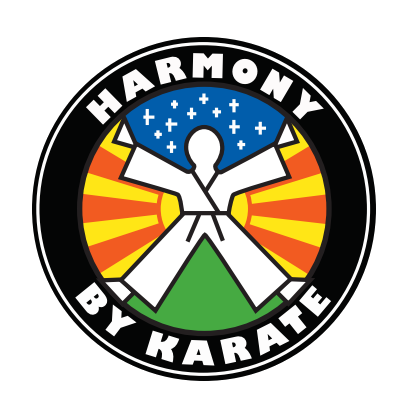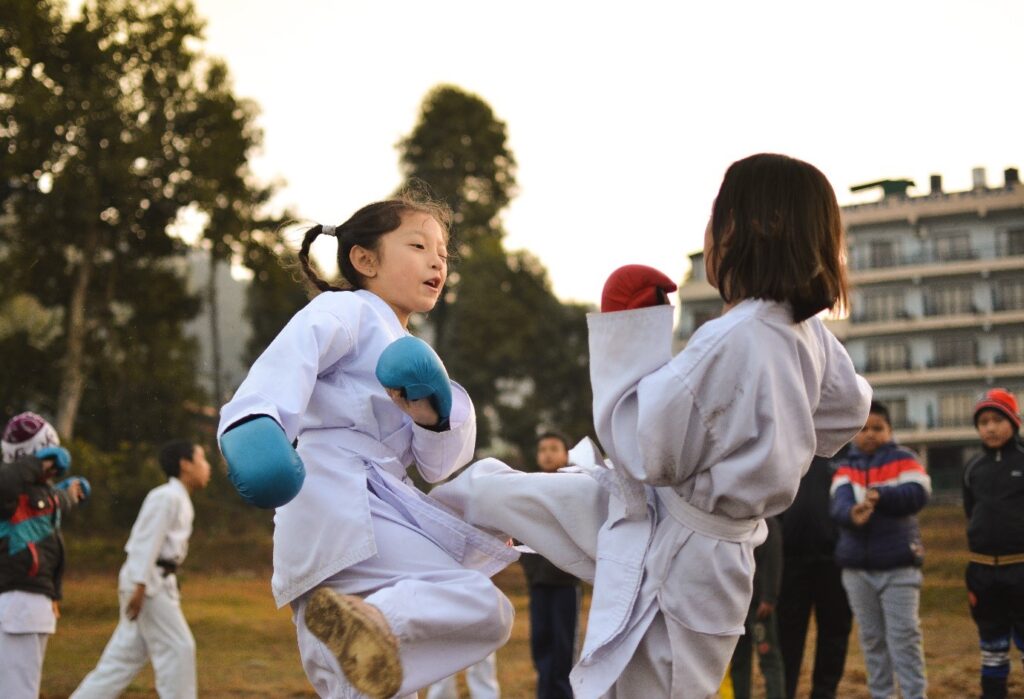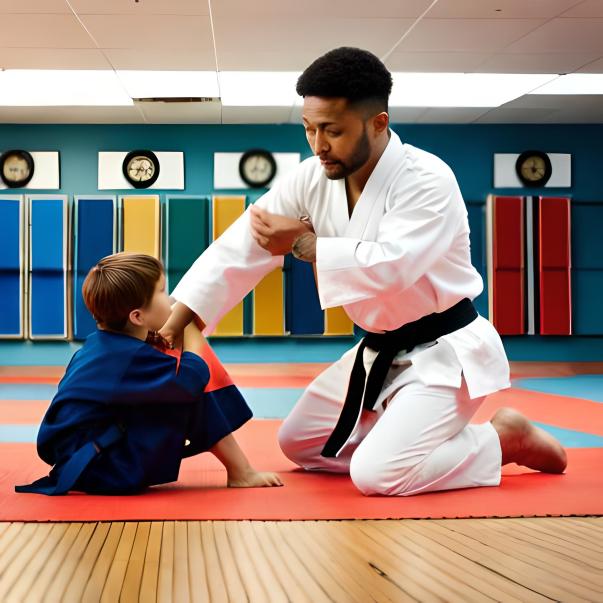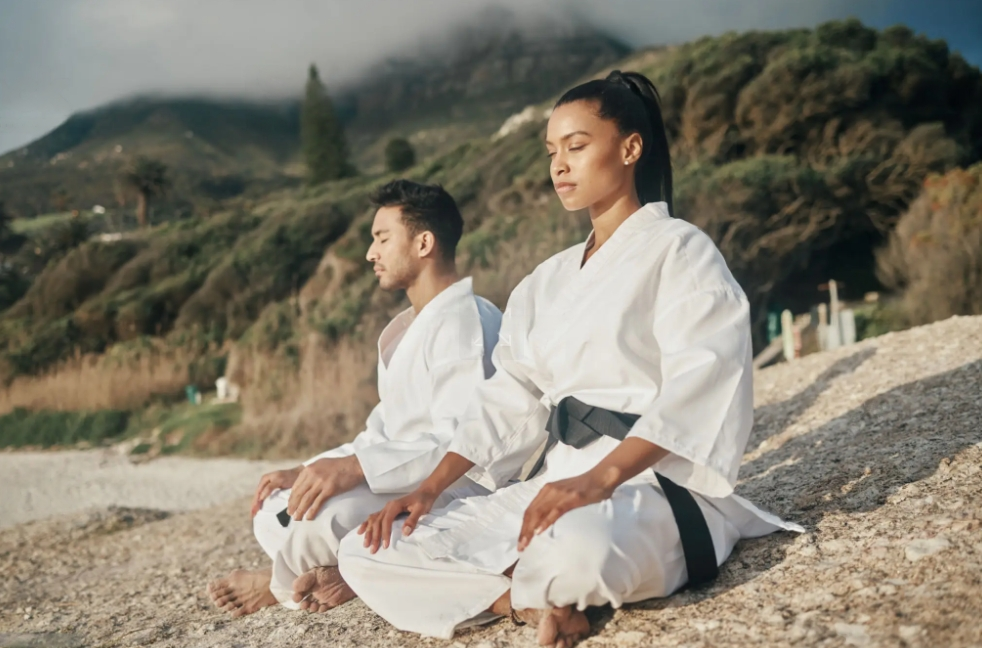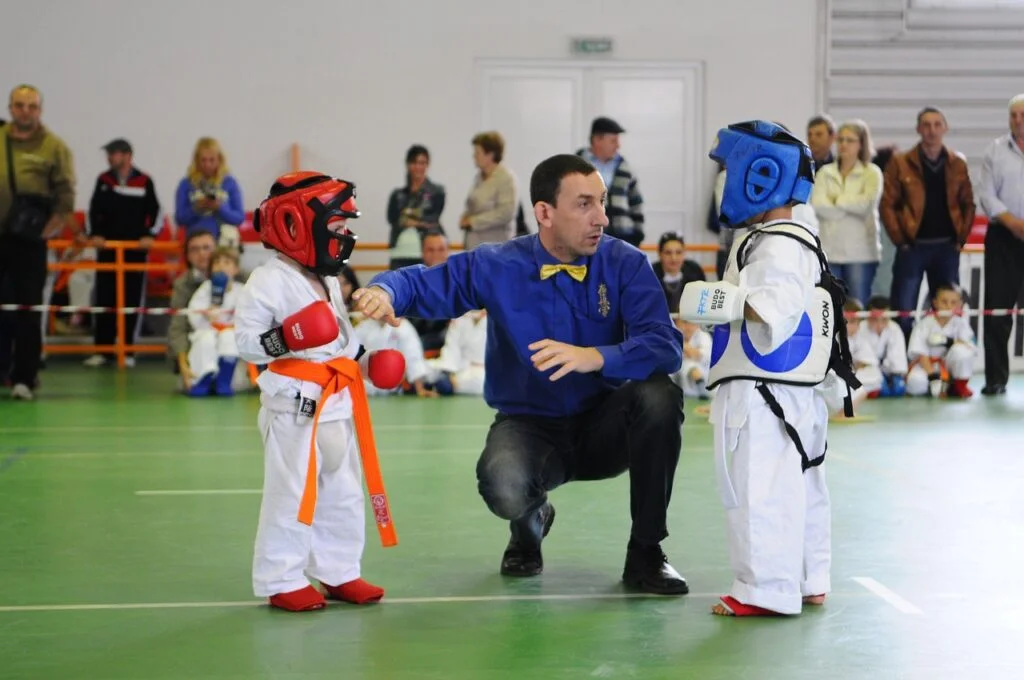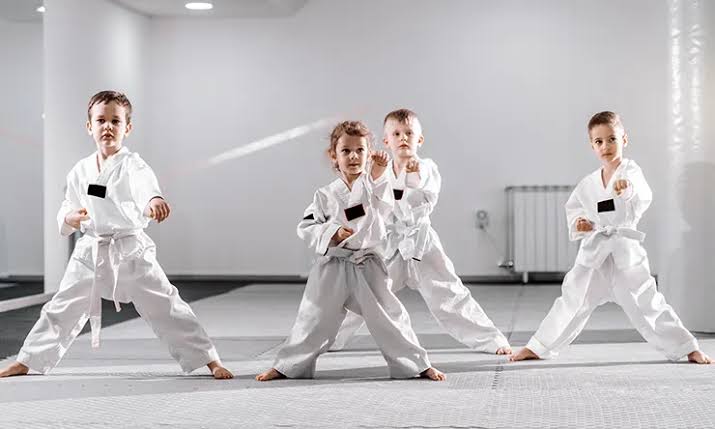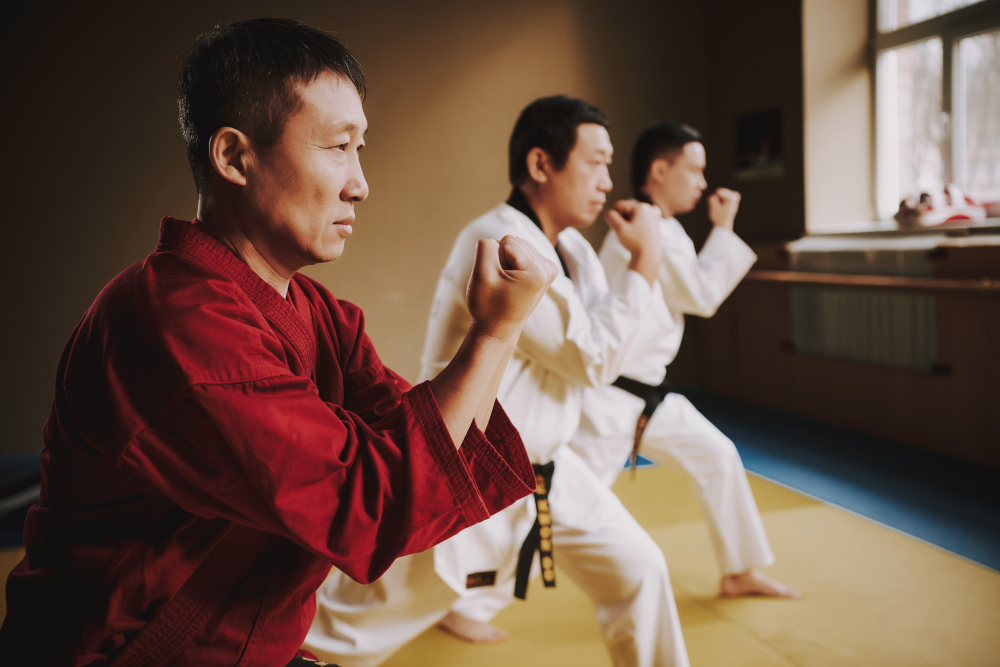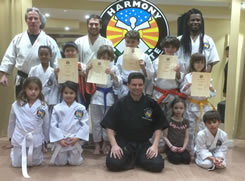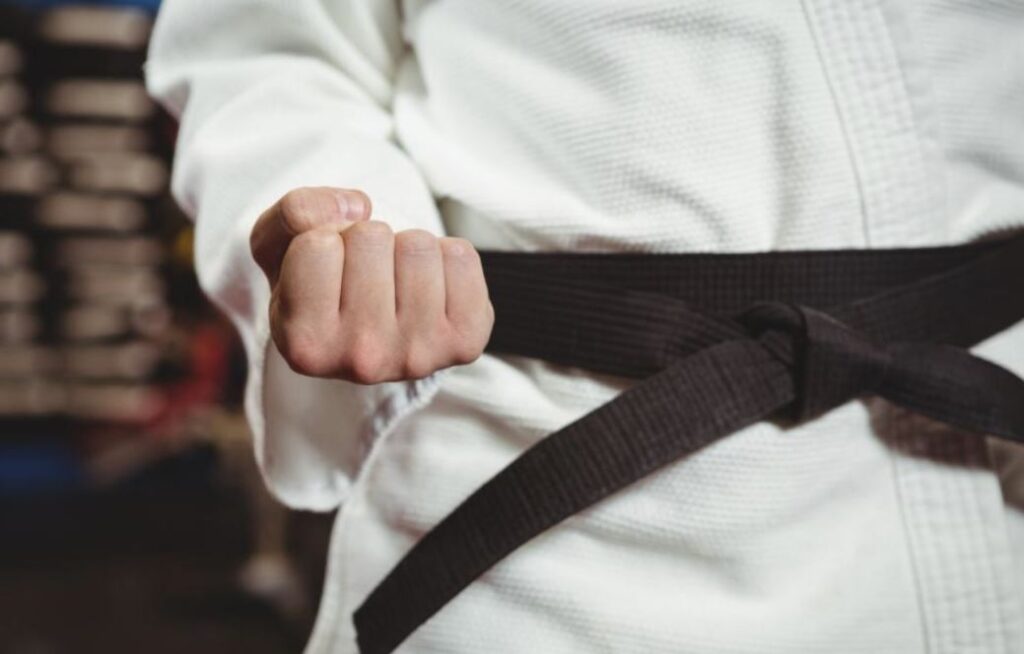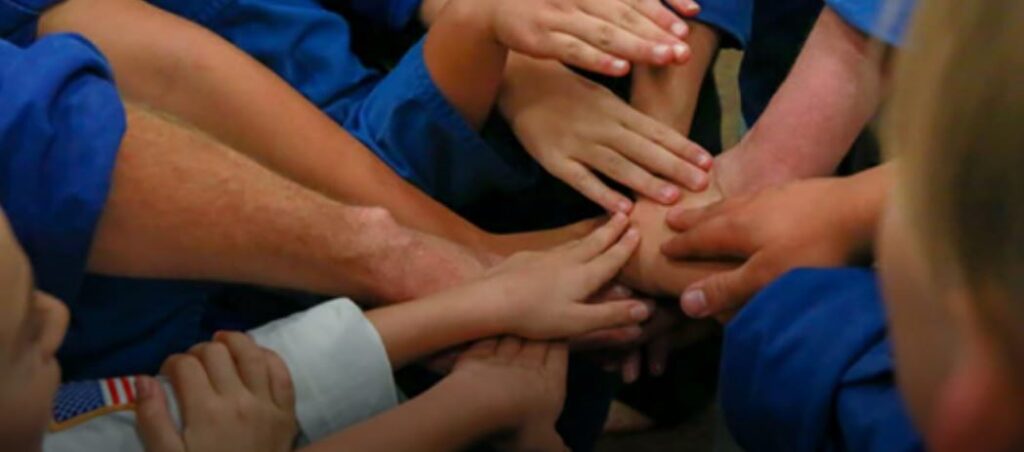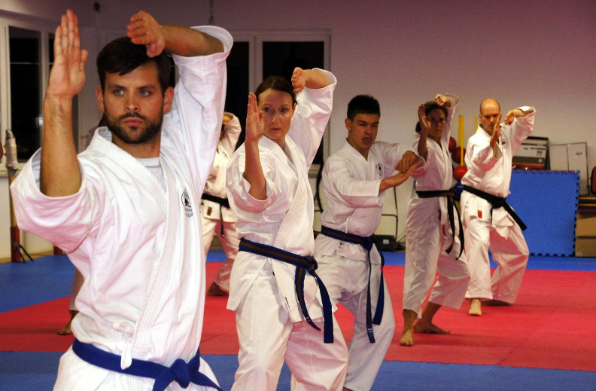The Benefits of Teaching Martial Arts to School Kids
The Transformative Power of Martial Arts in School Curricula In a world that demands resilience, discipline, and self-confidence, including martial arts in school curricula has proven to be an empowering and transformative initiative. Beyond the physical aspects of kicks and punches, martial arts instill invaluable life skills that contribute to the holistic development of school kids. This article explores the numerous benefits of teaching martial arts to young minds, emphasizing how this practice goes beyond self-defense to shape character, instill discipline, and foster a sense of community. Benefits of Teaching Martial Arts to School Kids Here are a few key advantages of teaching martial arts to school kids. 1. Physical Fitness and Health Martial arts offer a holistic approach to physical fitness. School kids engage in cardiovascular exercises, strength training, and flexibility drills through structured training routines. Regular practice improves their physical health and instills a sense of the importance of an active lifestyle from a young age, setting the foundation for lifelong well-being. 2. Discipline and Focus Martial arts are rooted in principles of discipline and focus. The structured nature of training, coupled with the emphasis on respect for instructors and peers, cultivates a disciplined mindset among school kids. Learning and mastering techniques require concentration, helping students develop enhanced focus and attention to detail. 3. Self-Confidence and Empowerment As school kids progress in their martial arts journey, they witness their growth and capabilities. This realization fosters a sense of self-confidence and empowerment. Mastering a new technique or earning a higher belt level is tangible evidence of their progress, boosting their self-esteem and resilience. 4. Respect and Courtesy Martial arts are steeped in traditions that prioritize respect and courtesy. Instructors emphasize the importance of showing respect within the training space and in daily life. School kids learn to appreciate the value of treating others with kindness and respect, fostering a positive and inclusive community inside and outside the dojo. 5. Conflict Resolution and Self-Control Martial arts emphasize non-violent conflict resolution and self-control. Students are taught that the skills they acquire are to be used responsibly and ethically. The practice of self-control extends beyond physical techniques to encompass emotional regulation, teaching kids to handle challenges and conflicts thoughtfully and composedly. 6. Goal Setting and Perseverance The belt system in martial arts is a visible representation of progress and achievement. School kids learn the importance of setting goals, working consistently toward them, and persevering through challenges. These principles extend beyond the dojo, preparing them for a future where goal-setting and resilience are essential. 7. Teamwork and Camaraderie While martial arts in the Upper West Side are often viewed as an individual pursuit, group training sessions foster a sense of teamwork and camaraderie. School kids learn to support and encourage their peers, creating a positive and motivating environment. These collaborative experiences build a strong sense of community and solidarity. Conclusion Teaching martial arts to school kids goes beyond imparting physical skills; it molds young minds into disciplined, confident, and respectful individuals. The benefits extend beyond the training mat, influencing their academic performance, social interactions, and overall character development. By integrating martial arts into school programs, educators and parents provide students with a powerful tool for personal growth, empowering them to navigate life’s challenges with resilience, focus, and a strong sense of self-worth.
The Benefits of Teaching Martial Arts to School Kids Read More »
